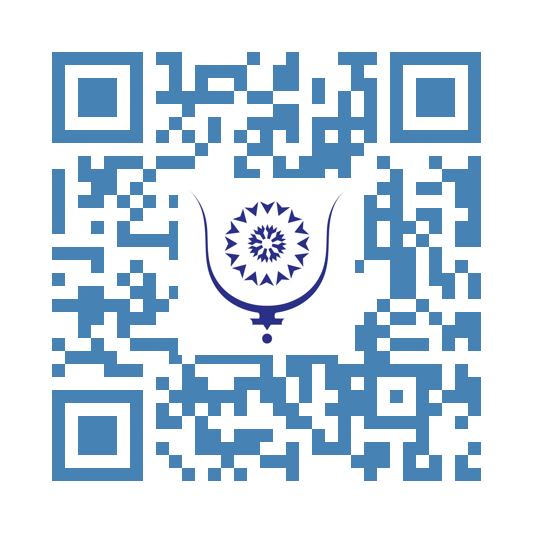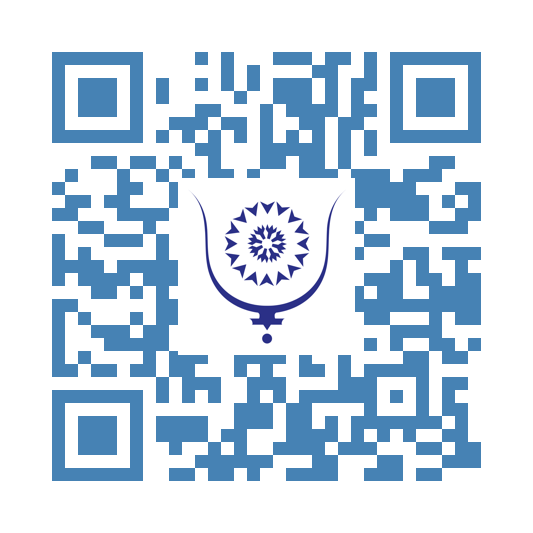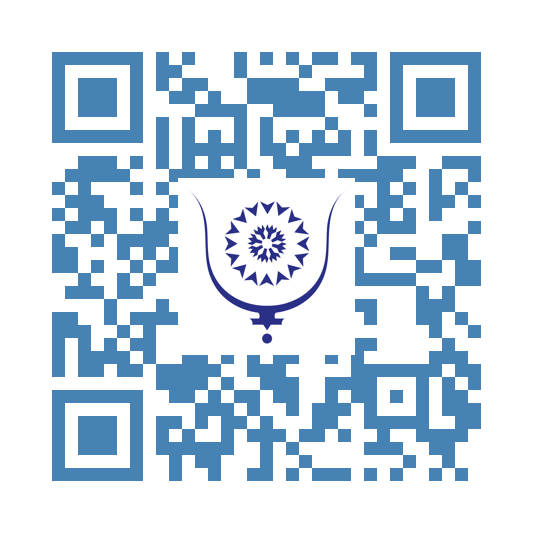Mauritania Facing Security, Diplomatic, and Geopolitical Recomposition Challenges in the Sahel.. 1292
After four years of intervention, the Russian paramilitary group Wagner officially announced its withdrawal from Mali in June 2025. It had been active in the region since 2021. This departure occurs in a context marked by a resurgence of jihadist attacks weakening Malian and regional stability.
Wagner’s departure does not signify a Russian disengagement, as its missions are being taken over by a new paramilitary organization, the Africa Corps, directly controlled by the Russian Ministry of Defense. This group, born after the failed coup attempt by former Wagner leaders in 2023, continues Russia’s strategy of influence in Africa, notably in what is declared to be the training of Malian forces to face the rising terrorist threats.
This transition illustrates the complexity of the security context in the Sahel, where Wagner’s relative failure to stabilize Mali and contain Tuareg and jihadist armed groups forces Moscow to readjust its methods while maintaining its strategic influence. This new situation raises serious questions about the real capacity to contain terrorism in the region, especially at Mali’s border with Mauritania.
Meanwhile, the Polisario Front, a separatist movement, is increasingly associated with terrorist activities. In Spain, a militant affiliated with the Polisario was arrested for preparing terrorist acts against Morocco, with evidence of incitement to jihadism and acquisition of explosive materials.
This radicalization fits into a dynamic where the Polisario cooperates more closely with Islamist groups, notably benefiting from the support of Iran and its proxies including Hezbollah. Well-documented longstanding links exist between the Polisario and terrorist groups in the Sahel, such as the Islamic State in the Greater Sahara, whose founders were former Polisario fighters.
This collusion manifests through logistical support, arms transfers, and increased militarization, including the use of suicide drones supplied by Iran.
These facts reinforce the perception of the Polisario not only as a separatist actor but also as a vector of instability and terrorism in the region.
At the same time, Morocco has recorded numerous diplomatic breakthroughs and growing international pressure to formalize Moroccan sovereignty over the Western Sahara provinces.
In 2024, Morocco achieved several major victories in the international recognition of its sovereignty over its southern provinces. More than 116 countries, including powers like France, now support the Moroccan autonomy plan as the only viable solution to the conflict. This position was recently shared by the United Kingdom following the United States. Influential African countries such as Côte d'Ivoire and, more recently, Ghana have done the same. The fresh stance of Zuma’s party in South Africa further confirms this evolution.
Morocco’s diplomatic progress relies on skilled international relations management and active engagement in regional security, notably in the Sahel. The Kingdom’s tact is evident as it avoids embarrassing its southern neighbor Mauritania, which has long recognized the so-called RASD puppet entity.
It is also important to recall the U.S. intention to classify the Polisario Front as a terrorist organization, a measure supported by analyses documenting its links with Hezbollah, the PKK, Iran’s Islamic Revolutionary Guard Corps, Cuba, Venezuela, and other states unfriendly to the U.S. This classification aims to reveal the true nature of the Polisario.
In this context, Mauritania finds itself in turmoil. Things have moved too fast. The comfort it once enjoyed is gone. The conjunction of these developments forces the country’s authorities to rethink their political positioning.
Faced with the recurring fragility caused by the Polisario, which hinders its development and threatens its stability, and observing Algeria’s inability to move beyond Boumediene’s legacy to ensure effective security, Mauritania is inevitably pushed toward rapprochement with Morocco.
Morocco is perceived as the only actor capable of guaranteeing lasting security in the region, especially against rising terrorist threats and current geopolitical challenges. Some Mauritanian publications already address this question very directly.
This shows that Mauritanian decision-makers are indeed embracing this paradigm shift. Recent movements by the Mauritanian army align with this trend, especially as some Polisario cadres no longer hesitate to threaten Mauritania, which they label as a traitor.
This tension further complicates Mauritania’s capacity to secure its borders, a young country whose resources remain very limited given the vastness of its borders, notably with Mali and Algeria.
In this environment, Algeria, a blind and staunch supporter of the Polisario, today appears more trapped in rhetoric without real capacity for action, which weakens its regional position. Mauritania seems to have understood this for some time, though perhaps not openly.
Conversely, Morocco, strengthened by its diplomatic successes and proven commitment to counterterrorism, appears as an indispensable partner for Mauritania in its quest for stability and prosperity.
It would therefore not be surprising to see Mauritania in the very near future withdraw its recognition of the so-called RASD puppet entity or at least move away from what it has so far called a positive neutrality.
In fact, Mauritania has already distanced itself somewhat from the separatists, which does not please Algeria, which is losing influence.
The withdrawal of Wagner from Mali, the radicalization of the Polisario which seems overwhelmed, Morocco’s diplomatic successes, and the likely imminent designation of the Polisario as a terrorist organization by the U.S. clearly redraw the geopolitical map of the Sahel and the Maghreb.
Mauritania is probably preparing for this and even taking the lead. In this shifting context, it is pushed toward a natural strategic realignment with Morocco, the only actor capable of offering a credible security alternative against terrorist threats and development challenges.
This repositioning marks a major step in the reshaping of regional alliances, with profound implications for the future stability of the Sahel and the reconfiguration of North Africa.




